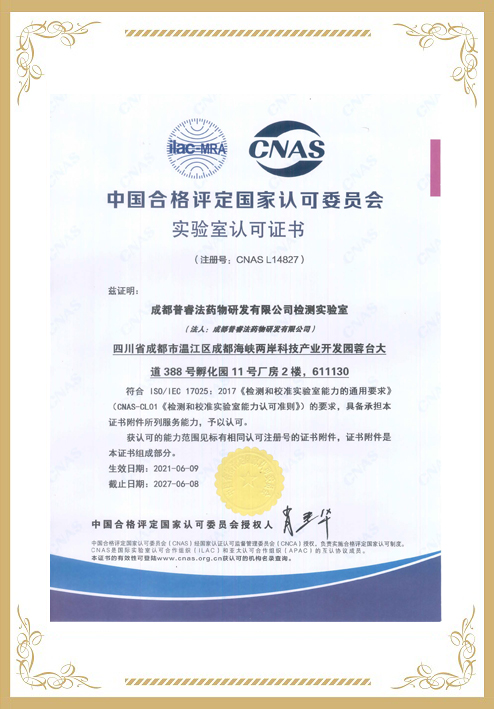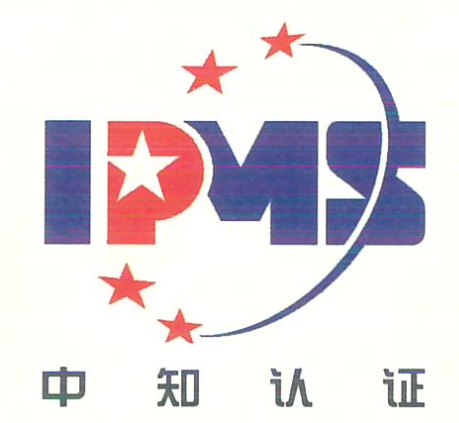Background: Osteoarthritis (OA) is a common degenerative joint disease characterized by persistent articular cartilage degeneration and synovitis. Oxymatrine (OMT) is a quinzolazine alkaloid extracted from the traditional Chinese medicine, matrine, and possesses anti-inflammatory properties that may help regulate the pathogenesis of OA; however, its mechanism has not been elucidated. This study aimed to investigate the effects of OMT on interleukin-1β (IL-1β)-induced damage and the potential mechanisms of action.
Methods: Chondrocytes were isolated from Sprague-Dawley rats. Toluidine blue and Collagen II immunofluorescence staining were used to determine the purity of the chondrocytes. Thereafter, the chondrocytes were subjected to IL-1β stimulation, both in the presence and absence of OMT, or the autophagy inhibitor 3-methyladenine (3-MA). Cell viability was assessed using the MTT assay and SYTOX Green staining. Additionally, flow cytometry was used to determine cell apoptosis rate and reactive oxygen species (ROS) levels. The protein levels of AKT, mTOR, LC3, P62, matrix metalloproteinase-13, and collagen II were quantitatively analyzed using western blotting. Immunofluorescence was used to assess LC3 expression.
Results: OMT alleviated IL-1β-induced damage in chondrocytes, by increasing the survival rate, reducing the apoptosis rates of chondrocytes, and preventing the degradation of the cartilage matrix. In addition, OMT decreased the ROS levels and inhibited the AKT/mTOR signaling pathway while promoting autophagy in IL-1β treated chondrocytes. However, the effectiveness of OMT in improving chondrocyte viability under IL-1β treatment was limited when autophagy was inhibited by 3-MA.
Conclusions: OMT decreases oxidative stress and inhibits the AKT/mTOR signaling pathway to enhance autophagy, thus inhibiting IL-1β-induced damage. Therefore, OMT may be a novel and effective therapeutic agent for the clinical treatment of OA.























